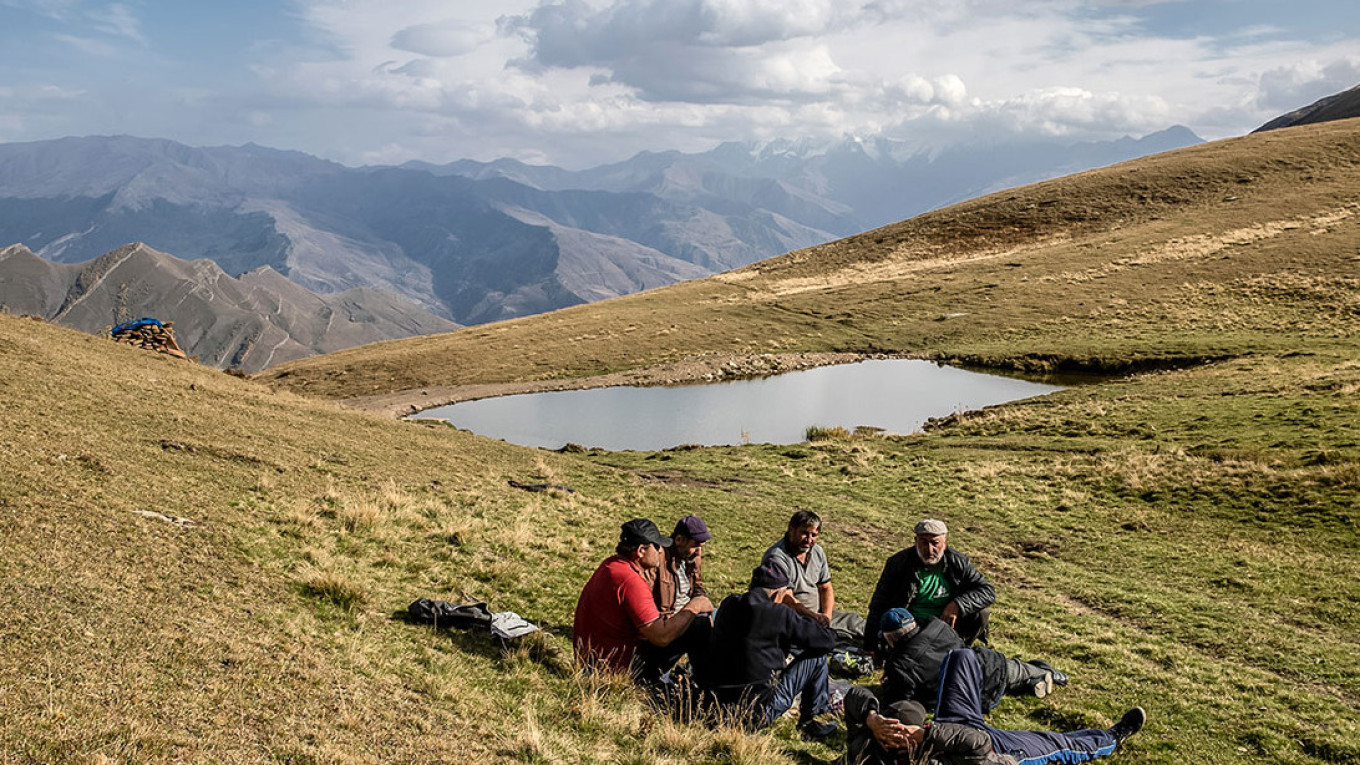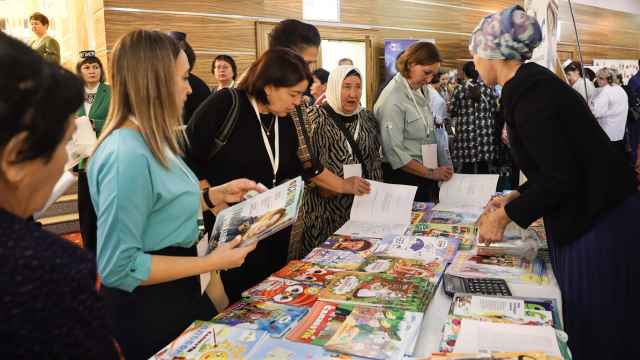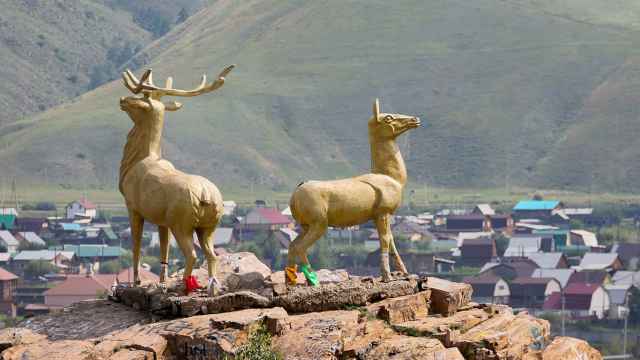Hundreds of rare languages spoken by Russia's ethnic minorities are disappearing even more rapidly than recently-published census data suggests, activists and independent experts warned, as linguistic policies imposed by Moscow do little to preserve the country’s historic diversity.
In a recent blow, Russia lost one of its last indigenous speakers of Aleut, a language native to the Kamchatka region in Russia’s Far East and Alaska, in October.
Gennady Yakovlev, who passed away aged 86, was also one of the few remaining people to know and use the Medny Aleut dialect.
“The number of people who identify themselves as non-Russian and consider their native tongue their primary tongue is declining year-by-year because the space for using these languages is shrinking dramatically,” Tatar language activist Marsel Ganiev told The Moscow Times.
While official data — in particular figures from Russia’s 2021 census released in December last year — show a decline in linguistic diversity, activists and experts who spoke to The Moscow Times warned that the situation was even worse on the ground.
Other languages that appear headed for elimination include Kerek, native to Russia’s Far Eastern Chukotka region, which is only spoken by one of Russia’s 23 living ethnic Kereks.
Another language native to Chukotka, Central Siberian Yupik, has just one active speaker remaining, according to the census.
In total, Russia has 193 ethnic groups who speak over 270 languages and dialects, according to official statistics. The greatest concentration of linguistic diversity can be found among the indigenous peoples of the North Caucasus, Siberia, the Far East and the Russian Far North.
The results of the 2021 census show that the number of speakers of nearly all of Russia’s minority languages declined over the decade since the previous population count.
The number of speakers of Chuvash, a Turkic language spoken primarily in and around the republic of Chuvashia in Russia’s Volga region, for example, dropped from over 1 million speakers in 2010 to just over 700,000 in 2021.
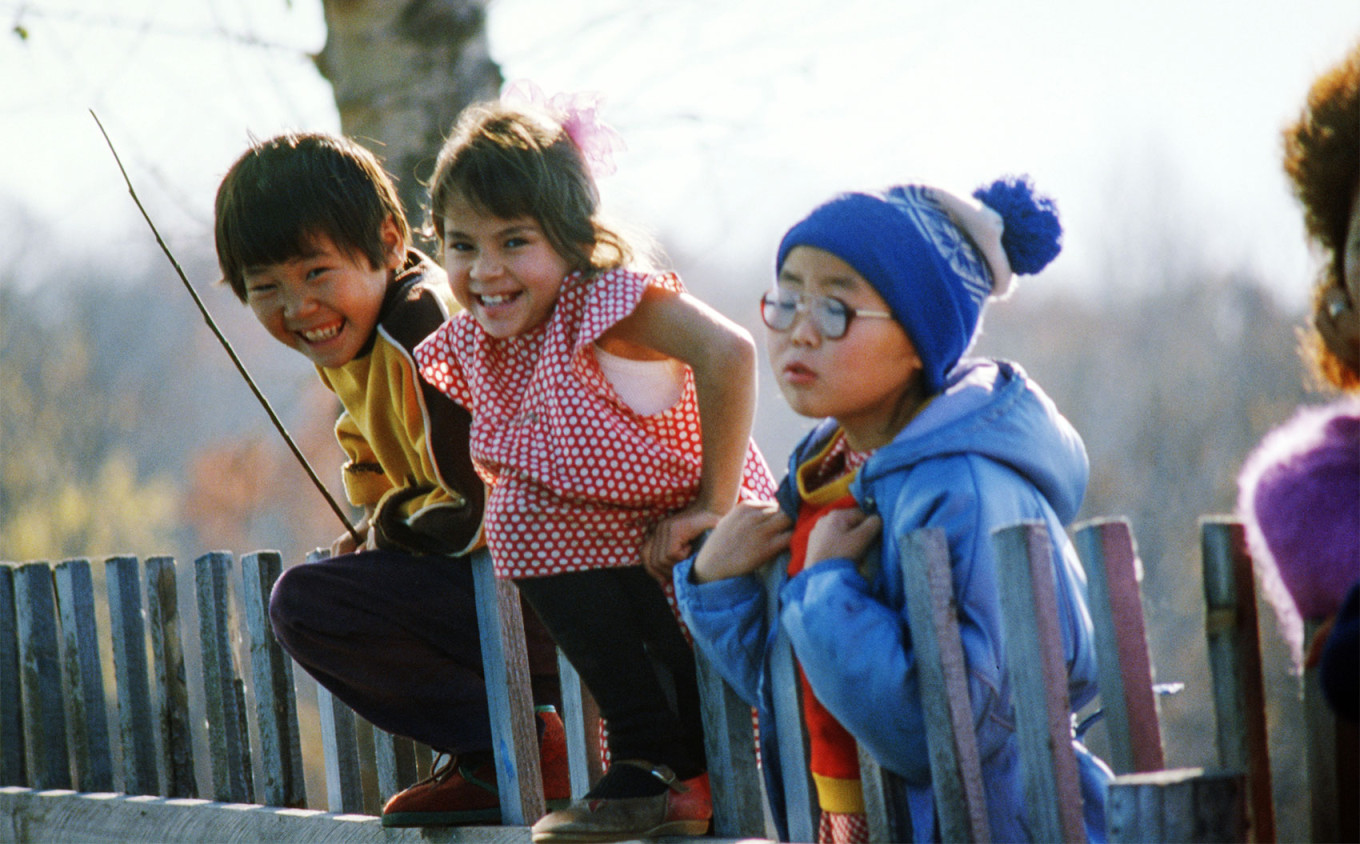
Karelian, a Finnic language spoken primarily in the northwestern republic of Karelia, lost more than 11,000 speakers in the same period.
Despite these numbers, some activists and experts believe that the census paints too-rosy a picture when it comes to linguistic diversity.
“The number of speakers of the vast majority, or maybe even all, languages of Russia’s minorities is declining rapidly and that’s no secret,” linguist and co-founder of the Country of Languages, a digital platform for language activists, Vasiliy Kharitonov said.
“But I’m not sure we can assess these dynamics through censuses.”
While official statistics might help to identify trends, they fail to capture the real number of active language users, according to Kharitonov.
For example, the 2021 census suggested the number of speakers of Nanai, once common in Siberia and northeast China, includes about 1,000 speakers under the age of 19.
“I haven’t yet met a single person of that age [under 19] who could be definitively labeled as a proficient speaker,” said Kharitonov, who previously worked on a program promoting the Nanai language among children.
Instead, the census data reflects a growing interest in Nanai rather than any real knowledge or day-to-day use, according to Kharitonov.
The same concerns were echoed by Dashin Amgalan, a teacher of Buryat, a language native to the peoples of Buryatia, a republic in Siberia.
While the 2021 census suggested the number of speakers of Buryat increased from 218,557 in 2010 to 306,857 in 2021, Amgalan believes there was actually a decline.
“I don’t trust these numbers at all. The dynamic is linked solely to how the questions in the census were formulated,” Amgalan told The Moscow Times.
According to census forms published by Russia’s State Statistics Service, those taking part in the census were invited to identify up to three languages that they “spoke” as well as their “native” language with no indication of language proficiency.
“A person might be able to say just two phrases and consider themselves a Buryat speaker, though that is not true. Knowing just two phrases is not a sign of knowing the language,” said Amgalan.
The results of Russia’s 2021 census, which was delayed for a year due to the coronavirus pandemic, have been widely criticized by sociologists and demographers for methodological errors and even some instances of data falsification.
As many as 42% of Russians admitted to having not participated in the census, according to a December survey conducted by the independent Levada Center.
Despite Russia’s linguistic diversity, policymaking on minority languages is limited and there are few measures to preserve indigenous languages.
Existing programs aimed at protecting minority languages are stifled by a lack of funding, bureaucratic obstacles and a shortage of trained language specialists, according to experts.
With no state agency dedicated to the issue of language policy, most minority language measures in Russia are developed by the Education Ministry.
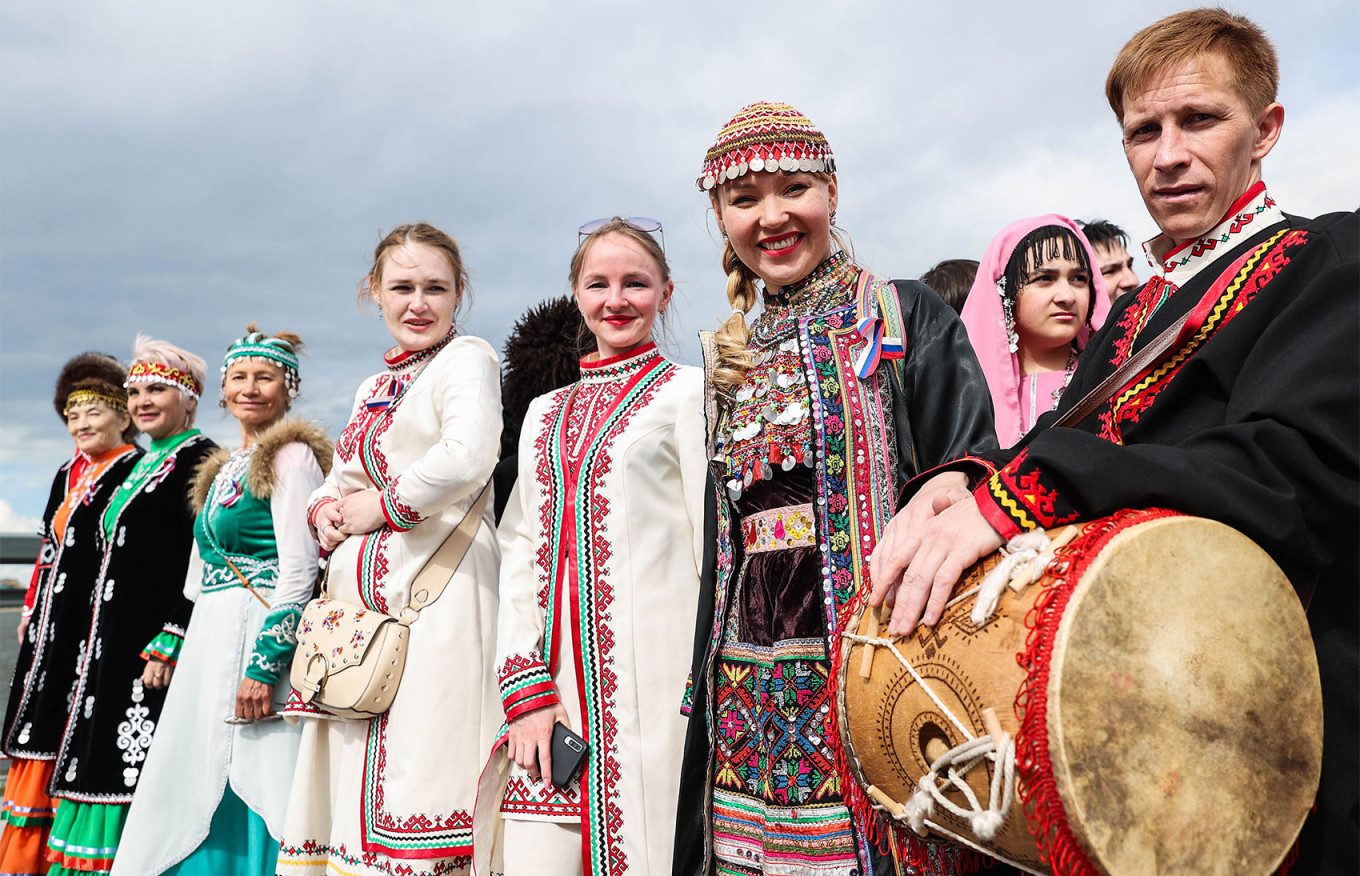
“Education … could be called a basis for the knowledge and use of native languages,” said linguist Kharitonov.
“But education has a tendency to widen the use of Russian by means of sidelining minority languages.”
Kharitonov believes that the few examples of successful minority-language development programs were implemented “in spite of” the Russian government.
“The same could be said for many languages with good potential for survival such as those in remote areas of Tuva , the Yamalo-Nenets region and Dagestan. There, the languages were often preserved better because of the distance from so-called ‘civilization’ and, particularly, the trend for Russian monolingualism,” Kharitonov said.
Activist Ganiev believes that using minority languages in all spheres of life — “from kindergarten to the president’s office” — is the key to their preservation.
The republic of Tatarstan, which has been hailed for its success in maintaining and developing the Tatar language, offers one possible example.
Not only was Tatarstan a pioneer in education reform, quickly ditching Soviet-era language-teaching practices after 1991, but the Tatar language was mandatory for pupils of all ethnic backgrounds in the republic’s schools until 2017 when, under pressure from Moscow, it was made voluntary.
Even so, the number of speakers of Tatar — Russia’s largest minority language — declined by more than 1 million between the 2010 and 2021 censuses.
Despite the apparently relentless trend toward monolingualism, language activists and educators are not entirely despondent, pointing to a growing interest in learning minority languages.
The ongoing war in Ukraine may even fuel this process, according to some activists, as ethnic minority communities seek to distance themselves from the Russian invasion.
“Interest in Tatar has certainly grown since the start of Russia’s war in Ukraine,” said Ganiev, who runs a Telegram channel for Tatar-language learners.
“People have become more interested in their ethnic identity and want to identify less as Russians and Russian-speakers,” he said.
“For them, the Tatar language … helps them to differentiate themselves.”
A Message from The Moscow Times:
Dear readers,
We are facing unprecedented challenges. Russia's Prosecutor General's Office has designated The Moscow Times as an "undesirable" organization, criminalizing our work and putting our staff at risk of prosecution. This follows our earlier unjust labeling as a "foreign agent."
These actions are direct attempts to silence independent journalism in Russia. The authorities claim our work "discredits the decisions of the Russian leadership." We see things differently: we strive to provide accurate, unbiased reporting on Russia.
We, the journalists of The Moscow Times, refuse to be silenced. But to continue our work, we need your help.
Your support, no matter how small, makes a world of difference. If you can, please support us monthly starting from just $2. It's quick to set up, and every contribution makes a significant impact.
By supporting The Moscow Times, you're defending open, independent journalism in the face of repression. Thank you for standing with us.
Remind me later.



